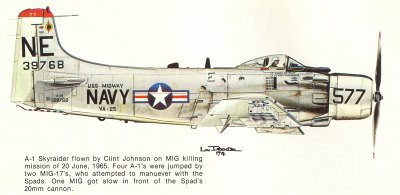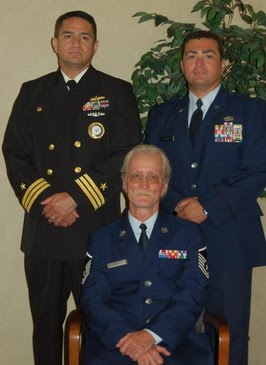Late again today…this is becoming a habit of late (pun intended). However, the reason I’m posting later than normal isn’t due to my staying abed until the late, late morning or early afternoon. No, I’ve been attempting to digest the literally millions of words that have been written over the past 24 hours about Hamdan v. Rumsfeld. When I say “millions of words” I’m not exaggerating in the least. To illustrate: yesterday memeorandum (archived page as of
That was yesterday. Today’s memeorandum page (
Another, related, reason I’m late posting. I watched a faculty discussion on Hamdan hosted by the
Here are a few links I found useful and informative on the subject.
James Taranto on Hamdan v. Rumsfeld in today’s Best of the Web. Excerpts:
Justice Delayed
The Supreme Court's decision in Hamdan v. Rumsfeld (link above in HTML or here in PDF) weighs in at 185 pages, and we'll confess we haven't had time to read every word. But here are the major points:
· Although Justice John Paul Stevens wrote the court's primary opinion, Justice Anthony Kennedy decided the case. Kennedy joined Stevens and the three other "liberal" justices in some aspects of the case, yielding a 5-3 majority, but declined to join others, producing an inconclusive result on those issues. (Because Chief Justice John Roberts joined the lower-court decision the Supreme Court was overturning, he did not participate in today's ruling but can be assumed to agree with the three dissenters.)
· The Kennedy majority agreed that the Detainee Treatment Act of 2005, which grants the U.S. Court of Appeals for the
· The Kennedy majority held that the military commission the Pentagon set up to try Hamdan was not authorized by the Uniform Code of Military Justice.
· The Stevens plurality wanted to go further and hold that Common Article 3 of the Geneva Conventions--which provides that war crimes trials be conducted by "a regularly constituted court"--requires that Hamdan be present at his trial, even if sensitive intelligence is being aired. But Kennedy thought it unnecessary to reach a conclusion on this question.
· The Stevens plurality also wanted to declare the charge against Hamdan--conspiracy--invalid under international law. Kennedy again saw no reason to reach the question.
The court did not decide that unlawful combatants at
(In dissent, Justices Antonin Scalia and Clarence Thomas argued that Common Article 3 does not apply to the conflict with al Qaeda--a position Roberts also took in the lower court's decision [PDF]. Scalia and Thomas, along with Justice Samuel Alito, also take the position that even if Common Article 3 does apply, the commission qualified as "regularly constituted.")
The court also did not hold that the government is under any obligation to release Hamdan. Justice Stevens:
We have assumed . . . the truth of the message implicit in that charge--viz., that Hamdan is a dangerous individual whose beliefs, if acted upon, would cause great harm and even death to innocent civilians, and who would act upon those beliefs if given the opportunity. It bears emphasizing that Hamdan does not challenge, and we do not today address, the Government's power to detain him for the duration of active hostilities in order to prevent such harm.
For now at least, the court has not mandated that terrorist detainees be granted the rights of either ordinary criminal defendants (who cannot be held indefinitely unless charged and convicted) or prisoners of war (who, among other things, cannot be interrogated).
The chief result of this ruling will be to delay the trials of
SCOTUSblog has a tremendous amount of information, interpretation, and opinion on Hamdan v. Rumsfeld. I found Lyle Denniston’s analysis (Analysis: What Hamdan did not decide) very informative, but as they say, “there’s more…much more.” And Ronald A Cass’ article, “Hamdan v. Rumsfeld: Common Sense at War” in Real Clear Politics, is also worth the read.
Finally, Curt at Flopping Aces, pretty much sums up my reaction to this ruling:
In the end, while I was mighty pissed when first reading this decision I think this isn’t such a defeat for Bush. All he has to do is go back to Congress and get them to approve of the tribunals. That’s it in a nutshell I believe.
I have other feelings and opinions, but Curt's thoughts are my bottom line, too.





.jpg)



